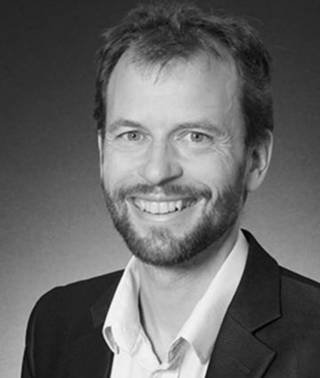Overview
Modern and contemporary tourism properties and infrastructures are key tourism success factors. Construction, operation and maintenance processes are extremely cost-intensive and are becoming ever more expensive in light of increased demands. This has a negative impact on profitability, which is why securing financing with private funds is becoming increasingly difficult and why the buck for providing assistance currently stops with the public sector.
This applies, in particular, to commercial accommodation. A prime example here is the hotel industry in Alpine regions, which is coming under increasing pressure due to the second home initiative and the associated crackdown on cross-subsidisation for hotel buildings. The industry is also getting increasingly competitive, with new types of accommodation being offered by the non-hotel accommodation sector (e.g. AirBnB). Tourism transport companies and communal leisure facilities are also having to contend with a host of major challenges associated with the renovation of their infrastructures, particularly in view of changing guest needs and advancing climate change.
The structural transformation currently being witnessed in the tourism industry is being driven by several factors: changes in the economic and political environment (e.g. strong Swiss franc, second home initiative) and travel and leisure behaviour (including shorter stays, last-minute booking, diversification of guest interests) as well as demographic developments, climate change and digitalisation.
The Institute for Tourism and Leisure (ITF) helps tourism service providers and organisations and the public sector to successfully adapt to this structural transformation. For example, we assist our partners with the development of new forms of accommodation and operating models and the preparation of plans for the renovation, conversion or reuse of existing infrastructures. We also look at ways of establishing competitive businesses through partnerships, strategic alliances and mergers. Financing and investing in tourism and leisure infrastructures are important aspects of this, especially for a small-scale industry. In this context, we deal with both traditional and modern financing instruments and sponsorship models. The ITF develops financing and participation models, calculates anticipated returns, assists with the division and segregation of tasks between the private and public sectors and supports the development of cooperation models (PPP).
The ITF is also involved in the in the design of modern tourist accommodation, such as hotels and resorts, as well as leisure infrastructures and second homes. One of the topics addressed as part of this process is real estate and site development.
This specifically involves investigating the consequences of the second home initiative, collecting key figures and coming up with innovative solutions for how second homes can be used more intensively. In addition to the economic perspective, social developments are also taken into account, examining issues like the influence of technical innovations on people’s living and mobility behaviour as well as the opportunities that can arise from this for tourism and the real estate industry.
Projects
There are various forms of cooperation:
Get in contact with us and we support you in your projects.
Labs
Specialist knowledge
Employees
Are you looking for a contact person? In our employee database, you can search for employees and filter your results according to various criteria. We look forward to hearing from you.

